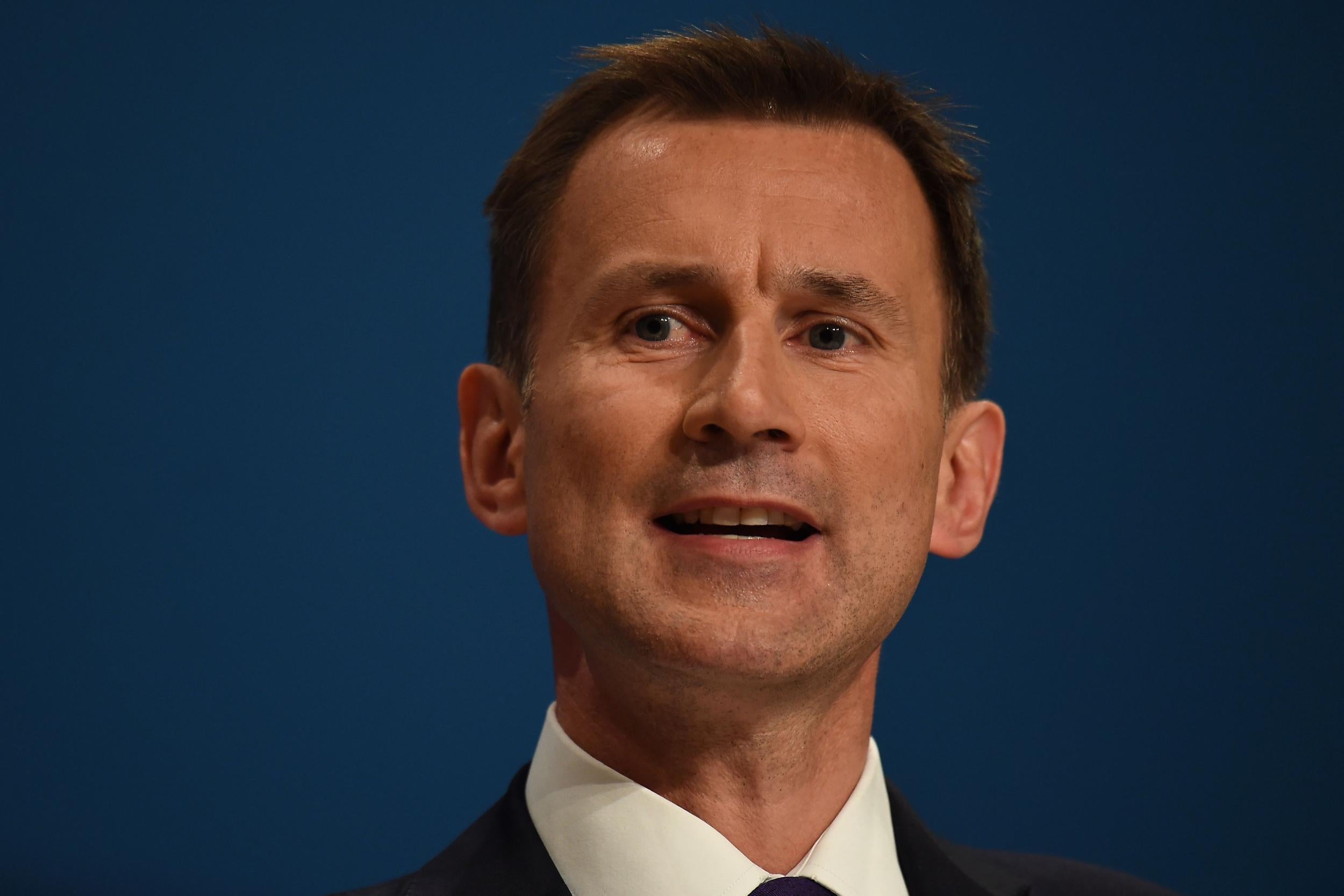Your support helps us to tell the story
From reproductive rights to climate change to Big Tech, The Independent is on the ground when the story is developing. Whether it's investigating the financials of Elon Musk's pro-Trump PAC or producing our latest documentary, 'The A Word', which shines a light on the American women fighting for reproductive rights, we know how important it is to parse out the facts from the messaging.
At such a critical moment in US history, we need reporters on the ground. Your donation allows us to keep sending journalists to speak to both sides of the story.
The Independent is trusted by Americans across the entire political spectrum. And unlike many other quality news outlets, we choose not to lock Americans out of our reporting and analysis with paywalls. We believe quality journalism should be available to everyone, paid for by those who can afford it.
Your support makes all the difference.The financial position of the National Health Service has “substantially deteriorated” in recent years, a new analysis has found.
Research by the Health Foundation found that every area of the country had hospitals and other providers with struggling finances.
A striking map drawn up by the Foundation shows that all regions of the English NHS have gone from a surplus in 2012/13 to all but one being in overall deficit in 2014/5.
The problems are principally the fault of Government policies leading to an increased reliance on expensive agency workers, with funding failing to keep pace, the report says.

Anita Charlesworth, Director of Research and Economics at the Health Foundation said the poor state of finances was unprecedented, the result of “unrealistic” expectations by the Government, and that another five years of austerity would make things worse.
“NHS providers’ finances are in a shocking state with an unprecedented number of hospitals reporting deficits. The situation is particularly bad for acute hospitals, with 95 per cent in the red,” she said.
“Many of the factors linked to the deficit result from system-wide problems. The UK is half way through a decade of austerity and policy decisions have been made which mean that health spending per head of population has remained broadly constant in real terms.
“At the same time it has risen for many countries in Europe, albeit at a lower rate than before the economic crisis of 2008.
“The financial challenges facing our hospitals are not the result of weaknesses in the management of individual organisations. They stem from poor workforce planning and fundamentally an unrealistic expectation of efficiency improvement in the NHS. “
The report found that nationwide, the cost of providing healthcare was growing at 2.2 per cent a year, while funding was growing at only 2 per cent a year.
Productivity in the NHS also grew at an average of 0.1 per cent a year in the last five years – but ministers have budgeted for increases of two to three per cent.
The report says the key drive of the poor financial situation is the high cost of agency workers and poor staffing decisions leading to an increase in their use. 27 per cent more was spent on agency staff in 2014/15 as compared with 2013/14
The warning comes ahead of a further strike by junior doctors over Jeremy Hunt's plans to force a new contract on them.
Doctors say the contract will incentivise unsafe staffing rosters and that patient care will deteriorate, while Mr Hunt says the contract will move towards a "seven day NHS".
The Royal College of GPs warned last month that the new contract would likely make it more difficult to recruit NHS doctors – potentially increasing the reliance on agency staff and increasing costs further.

Join our commenting forum
Join thought-provoking conversations, follow other Independent readers and see their replies
Comments